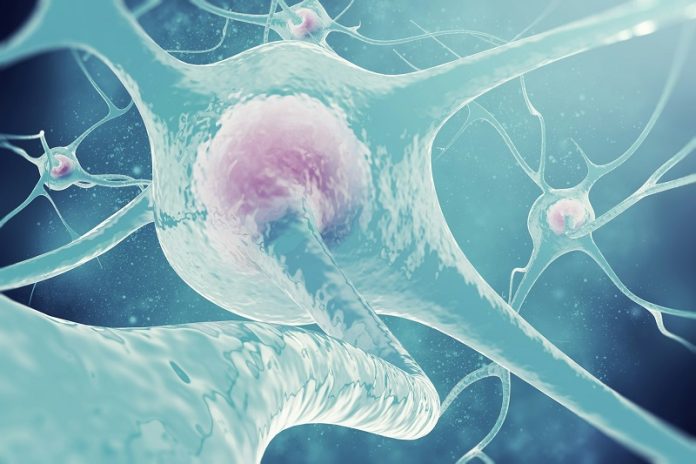
Nearly 10 million people worldwide suffer from Parkinson’s disease (PD), a condition that causes muscle rigidity and tremors due to the loss of a brain chemical called dopamine.
One cause of PD is exposure to toxins.
In a recent study, Dr. Scott A. Waldman and his team at Thomas Jefferson University discovered that a gut protein called GUCY2C might help prevent PD by protecting the brain from damage.
The study, published in the journal npj Parkinson’s Disease, highlights a potential new way to tackle this debilitating disease.
Dr. Waldman’s team has been studying GUCY2C for years, primarily known for its role in regulating water and salt in the gut. However, they found that GUCY2C is also produced in the brain.
In earlier experiments, the team removed GUCY2C from the gut cells of mice and noticed an increase in genes associated with PD. This observation led them to wonder if removing GUCY2C from the brain would make it more susceptible to PD.
To investigate this, Lara Cheslow, an MD-Ph.D. student in Dr. Waldman’s lab, worked with Dr. Richard Smeyne, chair of the neuroscience department and director of the Jefferson Comprehensive Parkinson’s Disease and Movement Disorder Center. They found that mice without GUCY2C had more brain-cell damage and were more vulnerable to toxins compared to mice with normal GUCY2C levels.
Interestingly, when normal mice were exposed to a toxin, their GUCY2C levels naturally increased, suggesting a protective role for this protein in brain cells. This was surprising since GUCY2C is usually associated with the gut.
The researchers then examined human samples to see if GUCY2C showed similar trends. They found that samples from PD patients had higher levels of GUCY2C compared to those without PD. This unexpected result puzzled the researchers but also pointed to the potential importance of GUCY2C in PD.
Current treatments for PD mainly manage symptoms by mimicking dopamine. However, targeting GUCY2C could offer a new approach by protecting brain cells and possibly preventing the disease from progressing. Although these studies are still in the early stages, Dr. Waldman hopes that this research could eventually lead to new treatments for PD patients.
“Our findings suggest that GUCY2C might play a key role in protecting brain cells from damage,” said Dr. Waldman. “If we can find a way to enhance this protective effect, we might be able to develop new therapies that do more than just manage symptoms—they could potentially slow down or even stop the progression of Parkinson’s disease.”
This promising research opens up new possibilities for tackling PD and brings hope to millions of people affected by this challenging condition.
If you care about Alzheimer’s, please read studies about Vitamin D deficiency linked to Alzheimer’s, vascular dementia, and Oral cannabis extract may help reduce Alzheimer’s symptoms.
For more information about brain health, please see recent studies about Vitamin B9 deficiency linked to higher dementia risk, and results showing flavonoid-rich foods could improve survival in Parkinson’s disease.



